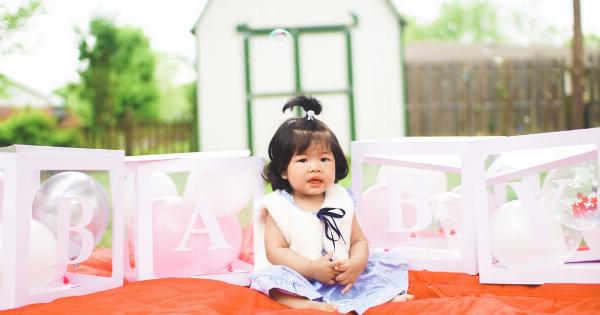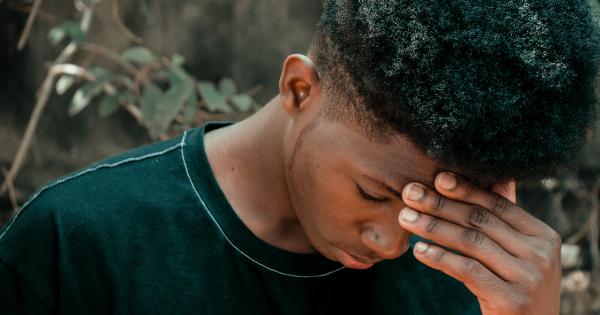Anger is a normal emotion but it can be difficult for kids to manage. When kids struggle with managing anger, it can affect their relationships with other people and their overall well-being.
As a parent or teacher, it’s important to teach kids healthy ways to manage their anger. One effective technique for managing anger is called breathe and release.
What is Breathe and Release?
Breathe and release is a technique that teaches kids to take deep breaths and then visualize letting go of their anger. It’s a simple technique that can be done in a few seconds and in any situation.
Why Does it Work?
When we’re angry, our bodies go into fight or flight mode. Our heart rate increases, our breathing becomes shallow, and our muscles tense up.
By taking deep breaths, kids can slow down their heart rate and breathing, which tells their bodies that they are safe and can relax. By visualizing releasing their anger, kids shift their attention away from what is causing their anger and focus on letting it go.
How to Teach Breathe and Release
Teaching breathe and release is easy and can be done in just a few steps:.
Step 1: Teach Deep Breathing
Start by teaching kids how to take deep breaths. Inhale deeply through the nose and exhale slowly through the mouth. Encourage kids to feel their belly rise and fall with each breath.
Practice deep breathing with kids until they feel comfortable and natural with the technique.
Step 2: Teach Visualization
Next, teach kids to visualize letting go of their anger. This can be done in a variety of ways. One simple technique is to have kids imagine that their anger is a balloon.
They can visualize blowing up the balloon with their anger and then imagine letting go of the balloon and watching it float away. Encourage kids to come up with their own visualization that feels comfortable and natural for them.
Step 3: Practice
Practice breathe and release with kids whenever they are feeling angry or upset. Encourage them to take deep breaths and then visualize letting go of their anger.
Practice the technique with kids in a variety of situations so that they feel comfortable using it whenever they need it.
Other Tips for Managing Anger
Breathe and release is just one technique for helping kids manage their anger. Here are some other tips for helping kids manage their anger:.
- Teach problem-solving skills. Help kids identify the problem that is causing their anger and then come up with a solution to the problem.
- Encourage physical activity. Physical activity can help kids release their anger in a healthy way. Encourage kids to engage in physical activity, such as going for a walk or playing a sport.
- Teach relaxation techniques. In addition to deep breathing, teach kids other relaxation techniques, such as progressive muscle relaxation or yoga.
- Help kids identify their triggers. Talk to kids about what triggers their anger and help them come up with ways to avoid or manage those triggers.
Conclusion
Anger is a normal emotion but it’s important for kids to learn how to manage it in a healthy way. Breathe and release is a simple and effective technique for managing anger.
By teaching kids to take deep breaths and visualize letting go of their anger, they can learn to manage their emotions and improve their overall well-being.































